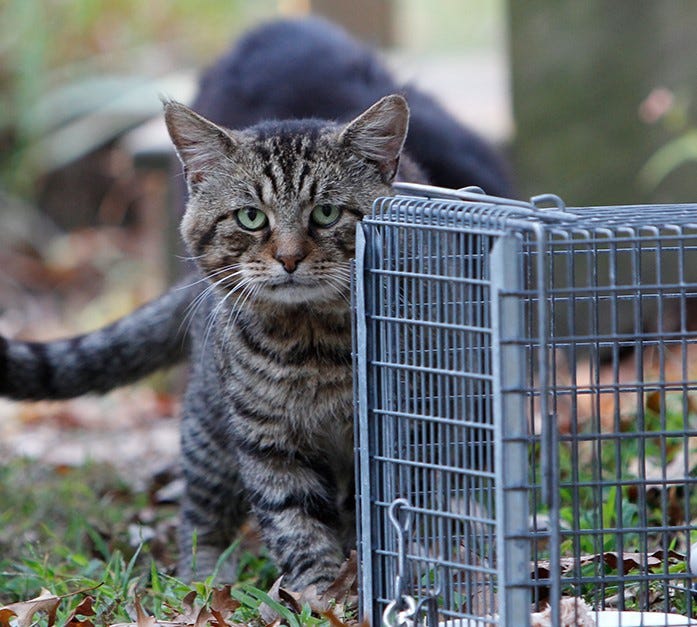Several dogs dead in the Iditarod
News and headlines for March 10 - 15, 2024

In other news: The animals lose a great friend, Riverside County embraces a community cat program, communities are looking for new shelter directors, a court considers whether allowing a dog to die naturally from a painful condition constitutes animal cruelty, a new study shows pets rarely cause rental property damage, another pet food recall, Seaquarium may be forced to shut down, Ontario’s Marineland is found guilty of animal cruelty, the V.A. is forced to stop experimenting on dogs, cats, and monkeys, and a new ruling protects people and their emotional support animals.
These are some of the stories making headlines in animal protection:
This week, 136 years ago, the animals lost a great friend. On March 12, 1888, Henry Bergh, the founder of the first SPCA in North America, died. For two decades, Bergh had taken to the streets to protect animals.
“Day after day, I am in slaughterhouses; or lying in wait at midnight with a squad of police near some dog pit; through the filthy markets and about the rotten docks; out into the crowded and dangerous streets; lifting a fallen horse to his feet, and perhaps sending the driver before a magistrate; penetrating dark and unwholesome buildings where I inspect collars and saddles for raw flesh; then lecturing in public schools to children, and again to adult Societies. Thus my whole life is spent.”
Although he is not well-known, we and the animals greatly owe him. Every humane society that stands up for animals, every animal protection group that gives voice to the voiceless, and the millions of animals who have been saved thanks to the efforts of activists and rescuers are a legacy to his life. Bergh was one of the first Americans to weave the ideals of animal protection into our jurisprudence, the American psyche, and the fabric of American life.
The No Kill Advocacy Center’s free documentary chronicles his story and the story of today's No Kill advocates, who continue his noble work.
Half of all cats taken in by the Riverside County, CA, pound are put to death. At the behest of the “shelter,” the county’s Board of Supervisors unanimously approved a policy change to cut that significantly — it will stop taking them in.
[T]he department will sterilize, vaccinate and ear-tag feral adult cats trapped by residents, volunteers and animal welfare groups before releasing them. It will continue to take in cats whose owners die or are no longer able to care for them, assuming they can’t be fostered or adopted out.
While many of us — myself included — support “Return to Field” and “TNR” instead of killing and do so enthusiastically, I did not do RTF for community cats/kittens when I ran a private shelter and an animal control facility. While we practiced TNR for cats who were not social with people, becoming the first community in the nation to zero out deaths of “feral cats,” when cats who were social with people were not reclaimed, we found all of them homes. But that requires full, complete, and robust implementation of the No Kill Equation, which Riverside County refuses to do.
Is RTF of kittens better than killing? Absolutely. But it should be noted that this is true by definition. Everything is better than killing.
Do you have what it takes to save lives?




